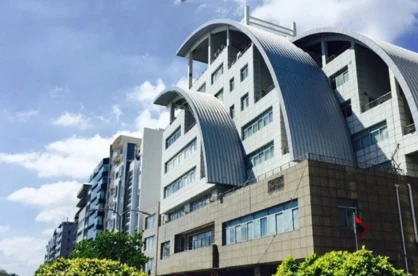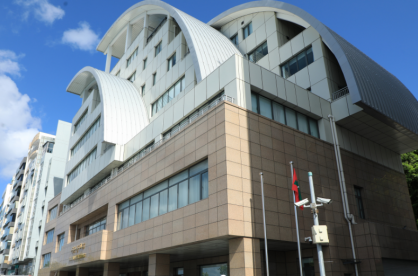In recent years, the Maldives Inland Revenue
Authority (MIRA) has taken a proactive stance against tax evasion, employing a
powerful weapon in its arsenal—naming and shaming. MIRA has embarked on a
mission to hold companies accountable in the public eye, using transparency as
a catalyst for change. This list is something that all companies fear being on
and a list that a great number of the general public wait to see as MIRA
outlines those who are overdue for their due diligence. With each release of the
list of tax evaders, ripples are sent through the corporate landscape of the
Maldives as several companies are brought to the spotlight.
In the most recent list publicized by The
Maldives Inland Revenue Authority (MIRA), 213 corporate entities were
highlighted, drawing attention to a significant issue within the nation's
business landscape. Among these entities, 34 stand accused of evading their tax
obligations, while 179 more have come under scrutiny for their irregular
submission of tax statements.
Within the list of tax evaders, a notable
distinction is made between those who have consistently failed to pay their
taxes and those who have been irregular in submitting their financial
statements. The non-compliant group encompasses not only companies with arrears
in taxes but also those with a considerable outstanding tax amount, exceeding
MVR 100,000, spanning various tax categories, including Tourism Goods and
Services Tax (TGST), General Goods and Services Tax (GGST), and Green Tax.
Among the entities identified for non-payment
of regular taxes, some are familiar names, including hospitality properties
that were previously exposed for their non-payment of resort rents. Notable
mentions in this category include AAA Trading, Brennia Kottafaru, Jaah Private
Limited, Medhufushi Investment Pvt Ltd, and South Palm Resort, among others.
These entities have collectively neglected their tax obligations from October
2022 through March 2023.
Some of these companies are also majorly known
within the Maldives for other issues such as not paying their employees as well
as being accused of taking away their passports, an issue which is notorious
within the construction company and highlighted within the country and globally
as a form of human trafficking as well.;
The recent report from MIRA presents striking
statistics, revealing a total of MVR 7.5 billion in unpaid taxes and
receivables from various taxable entities and corporations. These figures
encompass MVR 1.8 billion in TGST, MVR 876 million in GGST, and a substantial
MVR 2.9 billion generated from rent payments from resorts. While MIRA has been
highlighting naming and shaming these companies in recent years, the failure to
force such big companies to pay their taxes and stay within the legal framework
of the nation has become a growing concern among the public.
While the general
public is unable to run away from even paying one little fine, big companies
and resort owners being able to get away without paying millions and billions
in taxes each year has really brought into perspective the Government’s failure
to hold such parties accountable, letting them
set-up and run more businesses freely each year while the country is getting
into heavier debt that has raised concerns within the past few years as well.
This glaring financial imbalance raises
concerns about the potential consequences for the nation's fiscal health and
emphasizes the urgency of addressing the issue of tax compliance in the Maldives.







